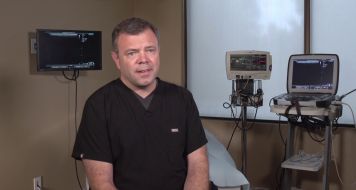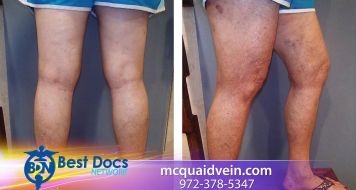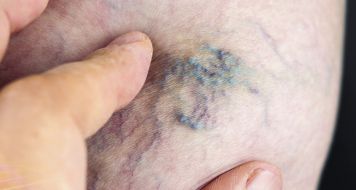
New research suggests that taking a nap during the day can help lower your blood pressure and improve your heart health. The researchers observed the results of taking an hour-long nap at noon and how it affected the blood pressure of nearly 400 middle-aged people with high blood pressure. Those who napped saw their systolic blood pressure reading (the number on top of the standard blood pressure ratio) drop an average of 5 percent over the course of the day. Their readings also showed that the sleepers saw their blood pressure fall by 4 percent during the day and by 6 percent while sleeping at night.
“Although the mean BP [blood pressure] decrease seems low, it has to be mentioned that reductions as small as 2 mmHg in systolic blood pressure can reduce the risk of cardiovascular events by up to 10 percent,” study author Dr. Manolis Kallistrato, a cardiologist at Asklepielon Voula General Hospital in Athens, said in a European Society of Cardiology news release. Kallistrato and his colleagues presented their findings Saturday at a meeting of the European Society of Cardiology in London. Research presented at medical meetings is considered preliminary until published in a peer-reviewed journal.
They actually studied about 200 men and 186 women, with an average age of just over 61. The findings appeared to hold up even after taking note of a variety of factors that can affect blood pressure, like their smoking history, salt consumption, alcohol and coffee intake, and daily habits.
Taking regular naps can offer more benefits than just lower blood pressure. Napping has been linked to a reduction in the size of the left atrium section of the heart, as well as a more than 10 percent drop in the stiffness of the arteries, which is known as the heart’s pulse wave velocity levels. “These findings suggest that midday sleepers have less damage from high blood pressure in their arteries and heart,” Kallistrato said.
This research is a step in the right direction towards the fight against heart disease, but there is still more research to be done. These results, although beneficial, are not enough to prove that naps will, in fact, reduce the risk of heart disease. Kallistrato stated, “Our study shows that not only is midday sleep associated with lower blood pressure, but longer sleeps are even more beneficial… We also found that hypertensive patients who slept at noon were under fewer antihypertensive medications compared to those who didn’t sleep midday.”
Mozes, Alan. “Naps May Do a Heart Good – WebMD.” WebMD. WebMD, 31 Aug. 2015. Web. 02 Sept. 2015.









